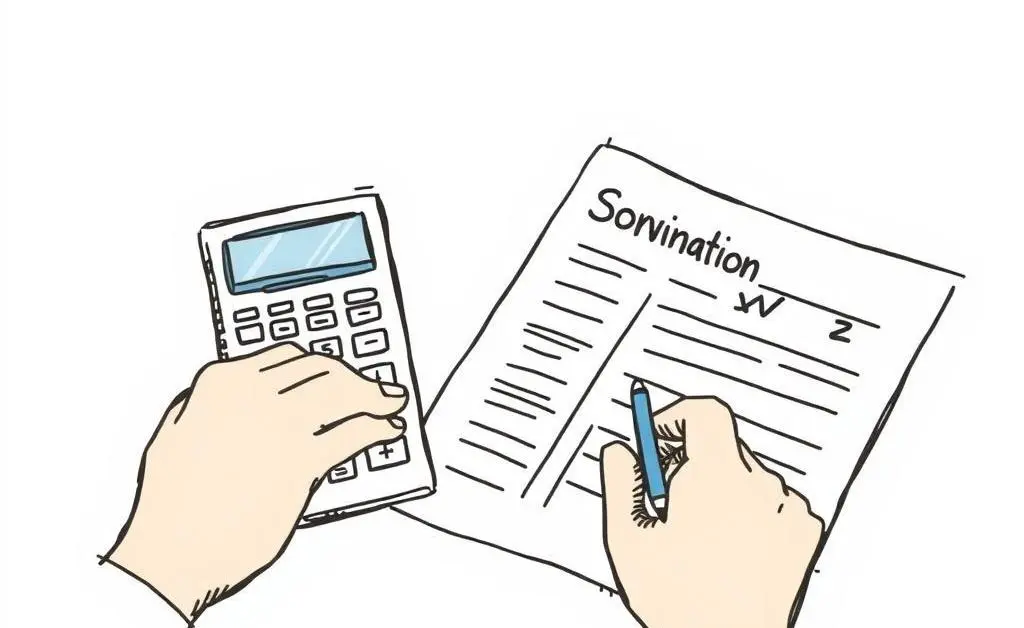Understanding Service Charges in Property Management
Discover how service charges are apportioned by managing agents in property management.

Ever wondered how exactly those service charges on your property bill are calculated? You're not alone. Understanding how managing agents apportion service charges is a common puzzle, and today's discussion aims to shed some light on this topic, offering insights for tenants and landlords alike.
What Are Service Charges?
Before we dive into the depths of calculations, let's grasp the basics. Service charges are fees collected by property managers or landlords to cover the cost of maintaining shared spaces and services. Think common areas, lifts, gardens, or even that squeaky gate needing some TLC.
How Are Service Charges Apportioned?
Service charges can be a source of confusion, especially if you're trying to figure out why your fee seems higher than your neighbor's. Typically, charges are apportioned based on the size of your unit, the location within the building, or a specified formula detailed in your lease agreement.

Here's a relatable story: Imagine your building has a gorgeous garden you rarely use. Yet, the cost of its upkeep is divided equally among all tenants, as stated in the lease. Frustrated? It's a common concern and why understanding the formula used is crucial.
- Unit Size: Larger apartments might pay more due to more usage of common areas.
- Usage: Proximity to shared amenities, like the rooftop garden, can increase charges.
- Lease Agreement: Always check your contract for agreed terms.
What Could Go Wrong?
Suppose you've received an unexpected increase in your bill. It’s time to have a chat with your property manager to review the accounts. It's not uncommon for mistakes to happen, and ensuring accuracy can save you from overpaying.

Nothing beats a simple face-to-face conversation to resolve billing discrepancies and ensure transparency.
How to Handle Disputes
If disagreements arise, communication is your first step. Gather your thoughts and any supporting documents before approaching your property manager. A clear, respectful dialogue often leads to speedy resolutions.

Remember, clear documentation and knowing your lease terms can greatly support your case.
Conclusion
Understanding how service charges are calculated can be a game-changer in managing your property costs effectively. Next time you receive that bill, you'll have the knowledge to dissect what goes into it, ensuring you're only paying your fair share.
Have you ever faced challenges with understanding or disputing service charges in your property? How did you resolve it? Share your experiences in the comments, and let's learn together!




